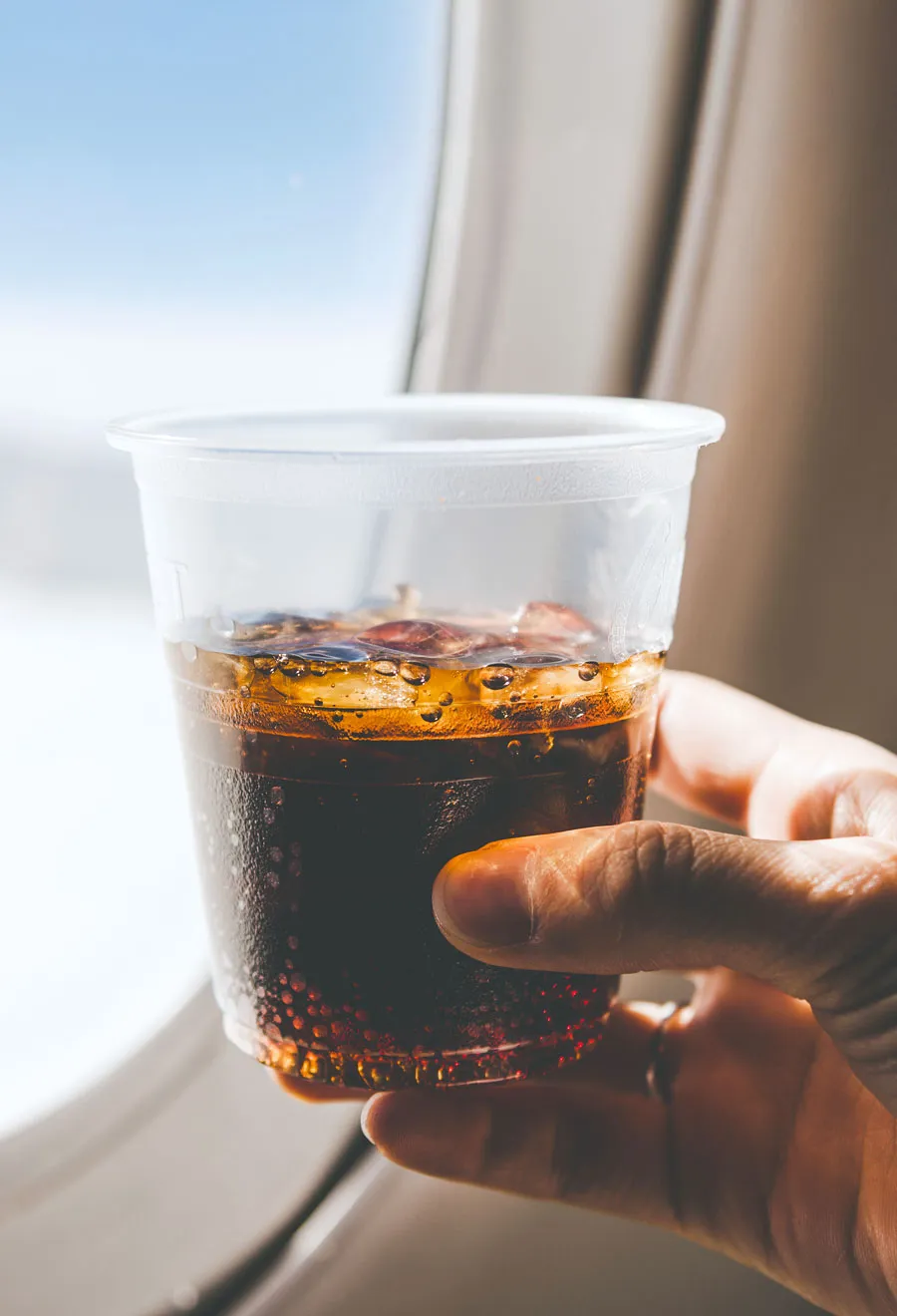Every day, more than 3 million people fly in and out of U.S. airports, but it’s fair to say that most passengers do so with little insight about what really goes on behind the scenes. From why your snack options are limited to the not-so-great truth about airplane coffee, many cockpit and cabin decisions are more strategic — and, let’s be honest, cost-driven — than they appear. Here are eight things that airlines won’t tell you.
The Snacks Aren’t Random
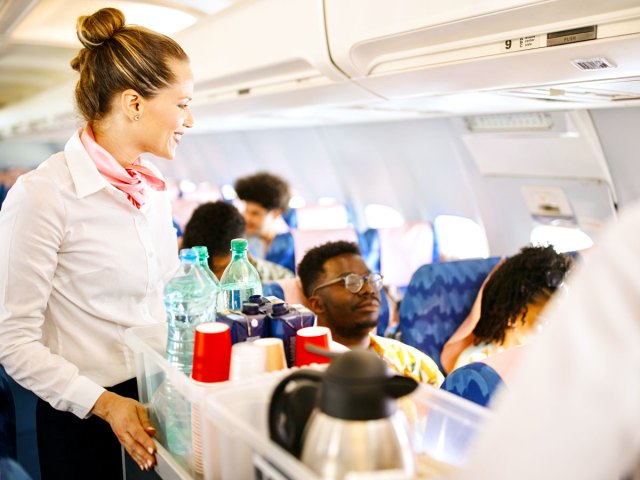
In the 1950s, passengers came to expect a full meal every time they flew, even on short flights. Today, you’ll most likely get a small package of pretzels, nuts, or cookies — a shift that began in the 1970s to help reduce costs and keep airfares low amid increased competition. So, how are those few staple snacks chosen?
According to interviews with airline executives, it’s a combination of factors, and one of them is the snack’s weight, since every extra pound on board means more fuel consumed. Snacks are also chosen for their flavor profile (since our ability to detect sweet and salty flavors drops by about 30%at altitude), and their suppliers, who must be able to deliver millions of peanut-free, shelf-stable packs reliably and cost-effectively. Airlines have dedicated food and beverage teams that choose the snacks, aided by on-board taste tests by the flight crew, and they encourage customers to provide feedback, since passenger preferences also have a lot to do with what gets served on board.
Turbulence Is the Most Common Cause of Injury
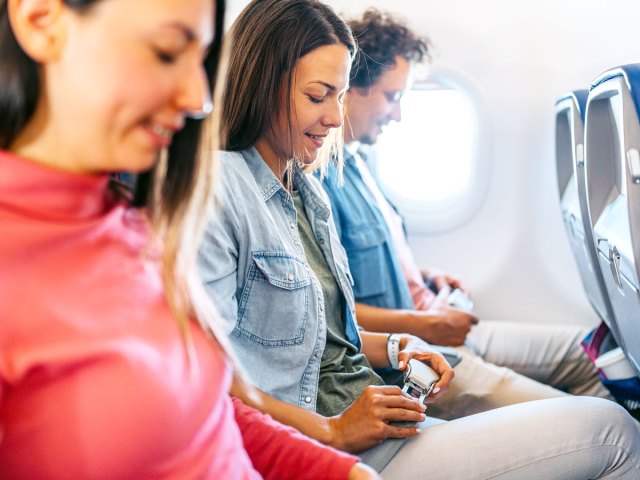
Airplane seat belts aren’t exactly high-tech, but they are effective. The Federal Aviation Administration (FAA) says that the most common cause of injury on an airplane is turbulence — more specifically, when passengers aren’t buckled in during a sudden pocket of rough air. Modern aircraft are, of course, built to withstand heavy jolts, but your body isn’t. One thing airline crews will tell you is that using the restroom or reaching into an overhead bin can wait until that seat belt light is turned off.
Planes Can Fly With Some Broken Equipment
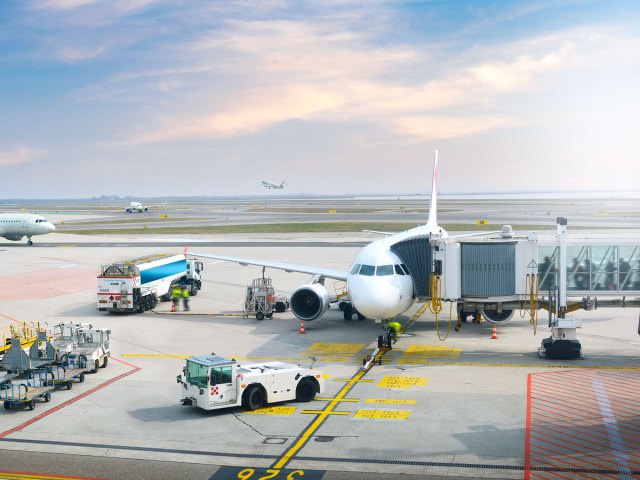
In an iconic Friends episode, in an attempt to get Rachel off a flight, Phoebe tells her that there’s a problem with her plane’s “left phalange.” In real life, there is no phalange on a plane, and even if there were, the aircraft might be able to fly without it. Commercial planes have a Minimum Equipment List (MEL) — essentially a manual of what must be working or in place before the plane can legally take off. If something such as a coffee maker malfunctions, airlines don’t necessarily need to cancel the flight, but it must be either repaired before departure or officially deferred under the MEL for repair later. Of course, other more critical systems, such as navigation or hydraulics, must be fixed before a plane can take off.
Pilots Aren’t Allowed To Eat the Same Food
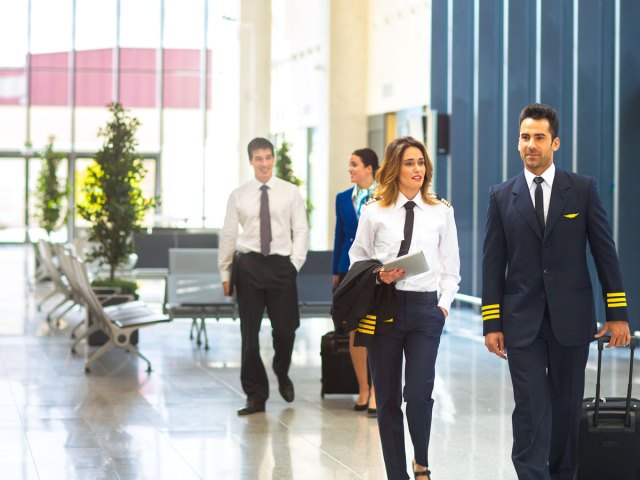
Many airlines require the captain and first officer to eat different meals. This way, if one pilot gets sick, the other can take over flying and land the plane safely. While it’s not an FAA regulation, this policy is standard within the industry. It doesn’t just apply to a pilot’s time on board the plane, either. “When pilots are not on the plane, they still have to be mindful about the type of food they eat,” former airline pilot Dan Bubb told Reader’s Digest. Pilots and flight attendants are also allowed to bring their own food for flights.
Flights Are Overbooked on Purpose
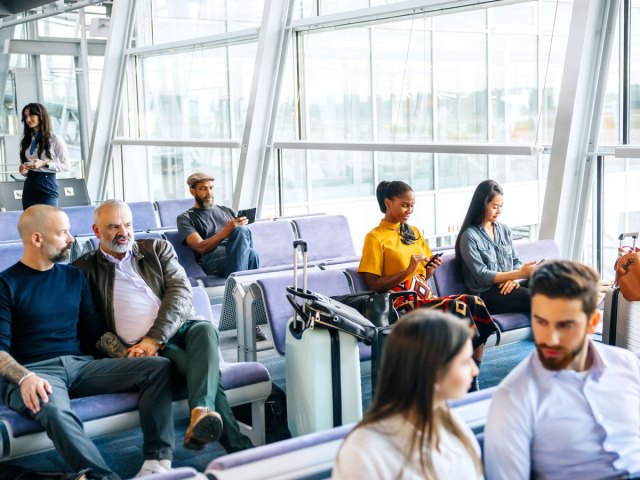
Airlines don’t just accidentally sell too many tickets on a given flight — it’s all part of their revenue strategy. Since a certain percentage of passengers will almost always miss a flight or cancel at the last minute, overbooking ensures planes stay full, maximizing revenue. Most of the time, the system works smoothly and no one notices. But when more people show up than expected, passengers may be asked to voluntarily switch flights in exchange for travel or accommodation vouchers. If no one volunteers, the airline can choose to involuntarily bump passengers — a legal, if very frustrating, practice.
Sitting Near the Back Might Lead to Better Service
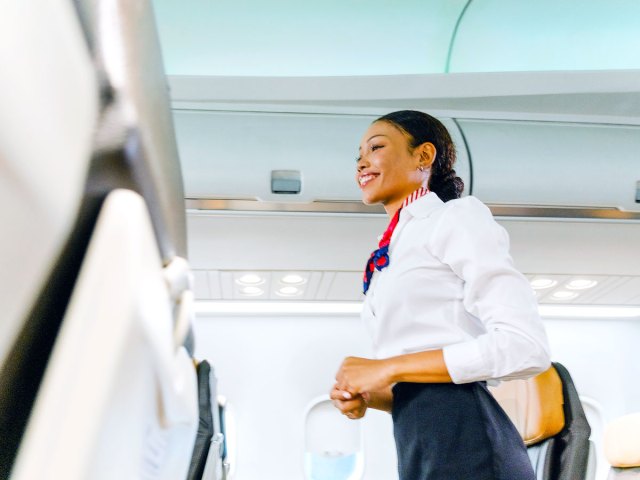
Many passengers avoid choosing a seat in the back rows, instead selecting a seat near the front for a faster exit. But savvy travelers know that sometimes those back seats come with perks. As flight attendant Annie Kingston shared in a blog post for Oyster, “We like to avoid responding to call bells from the front of the plane,” since carrying items through the cabin can spark copycat requests. Limited supplies of things like alcoholic beverages or pillows can make this tricky. But in the back, Kingston says, it’s easier to do little favors for passengers, “like slipping in that second mini bottle of wine,” according to Kingston.
You Probably Shouldn’t Drink the Coffee
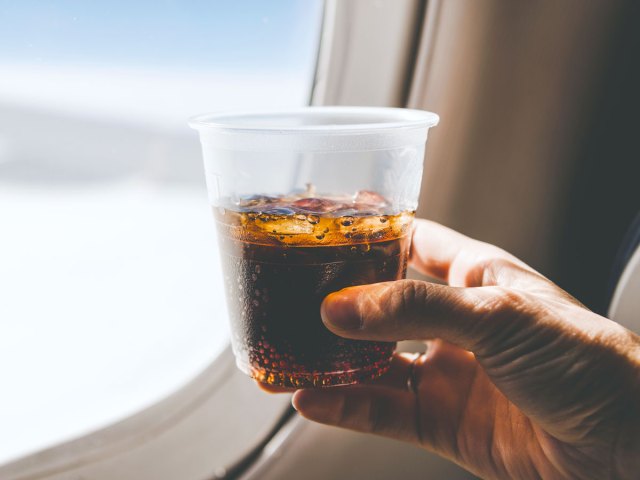
A cup of hot coffee can really do the trick on an early morning flight, but the truth is that even flight attendants try to avoid it. Coffee and tea on planes are brewed with water from the onboard tanks. These tanks aren’t emptied or cleaned between every flight — or even very often at all, according to one former flight attendant’s helpful TikTok.
And while the water is treated and tested to meet safety standards, its reputation among crew is less than stellar. “I never drank the tap water,” former flight attendant Sue Fogwell told Travel + Leisure. If you really need a caffeine fix, you may have to line up at Starbucks in the terminal before your flight, or ask the flight attendants for a can of Coke or Pepsi instead.
Booking as a Group Might Cost You More

Booking multiple tickets at once may be the simplest option for a large group, but it may not work in your favor when it comes to airline pricing strategies. When you search for, say, four tickets, the system looks for four seats in the same fare class. If only two are left at the lowest price, the airline won’t split them. Instead, it’ll bump the whole group up to the next-highest fare. For very large groups, some airlines may offer a special rate, but if you’re just trying to book a getaway with your friends or family, it may be better to try buying individual tickets.
More from our network
Daily Passport is part of Inbox Studio, an email-first media company. *Indicates a third-party property.






